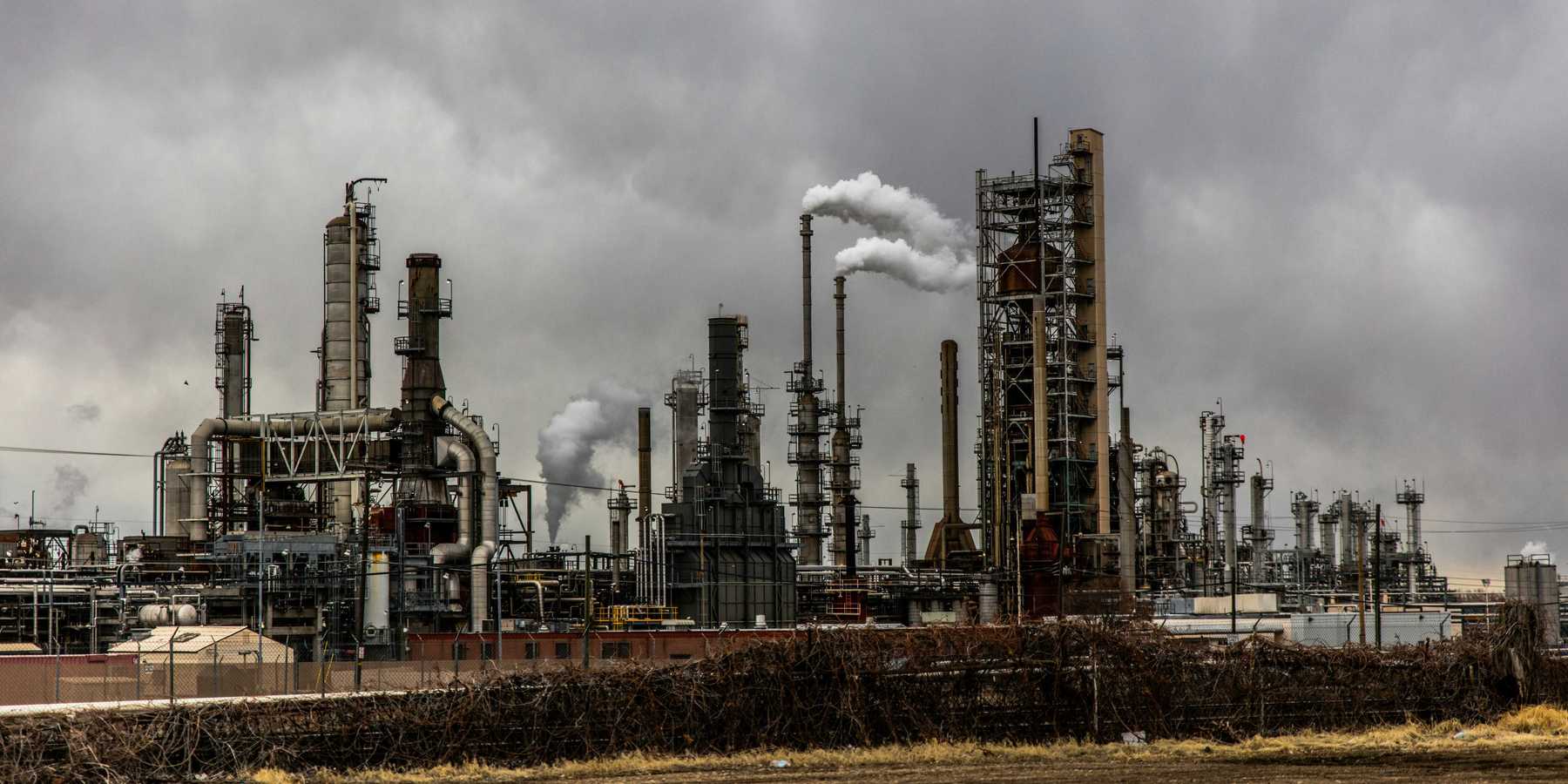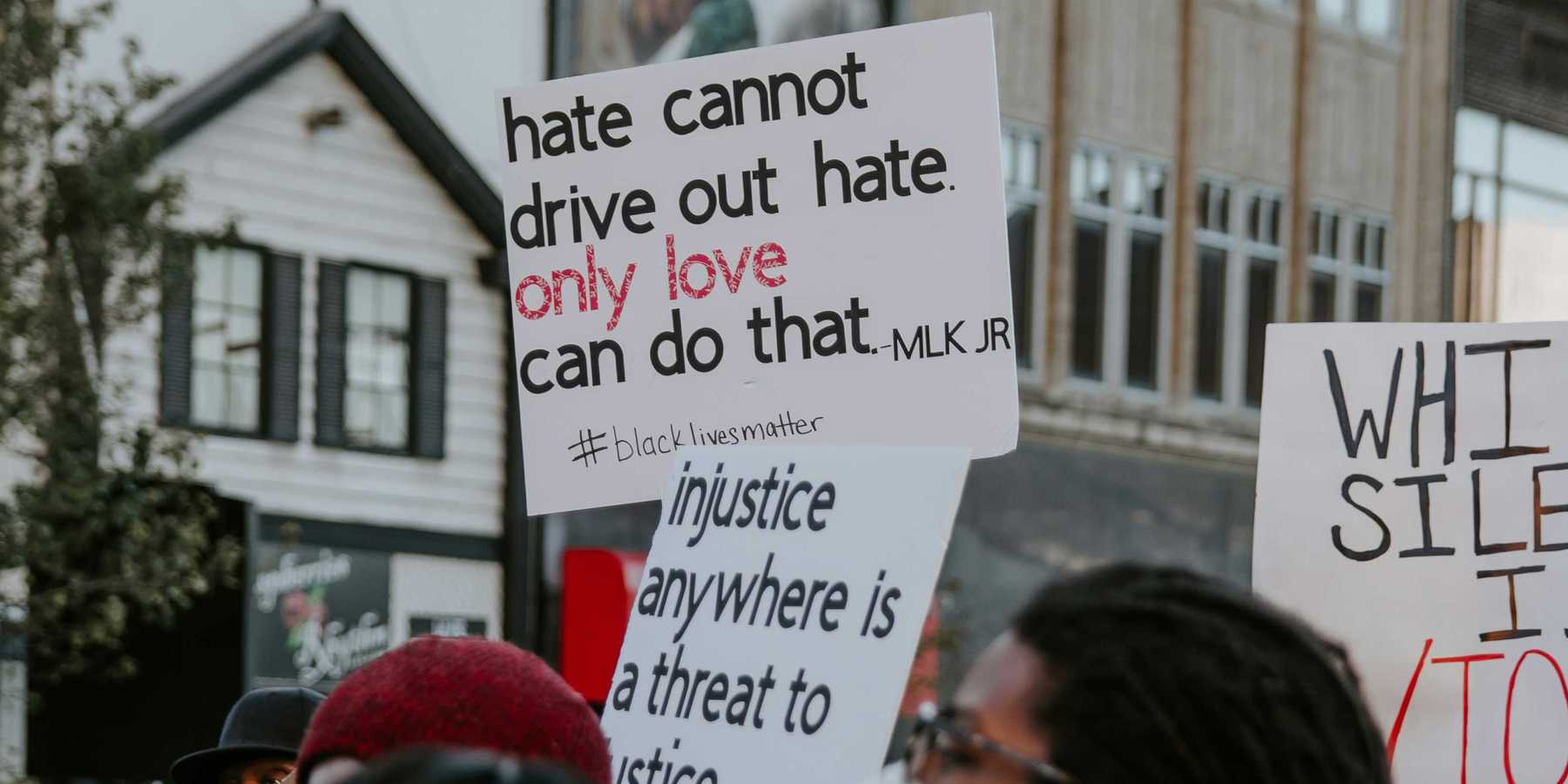The Indigenous groups fighting against the quest for 'white gold'
Berta Reventós and Natalia Favre report for the BBC about Indigenous communities in northern Argentina who are determined to protect their land from lithium mining.
In a nutshell:
Protesters in the Andean mountains of Jujuy, Argentina, are voicing concerns over the environmental and societal impacts of lithium mining, a growing industry linked to the demand for electric car batteries. The region, known as the "lithium triangle," holds the world's largest lithium reserves. Indigenous groups like those led by spokesperson Nati Machaca fear that the extraction process, which demands vast amounts of water, is depleting soil and contaminating water sources, jeopardizing their traditional way of life. Despite assertions from some that lithium mining could help combat climate change, these communities remain resolute in their efforts to halt constitutional reforms and protect their land and environment for future generations.
Key quote:
"Our land is drying up and our water is polluted," says Nati Machaca, one of the protesters manning a roadblock in the village of Purmamarca, high in the Andes mountains.
The big picture:
The lithium extraction process, which involves large amounts of water and chemical procedures, has raised worries about water pollution and air contamination. Local communities living in the vicinity of the mining operations, particularly Indigenous groups, fear that these environmental risks could lead to adverse health effects and an end to their way of life.
Read the article at the BBC.
Addressing climate change has always involved far more than simply trimming emissions or promoting renewable energy. Deep questions about justice must also be answered, wrote Douglas Fischer from the Bonn climate talks in 2017. The issue remains an essential part of the climate discussion today.













